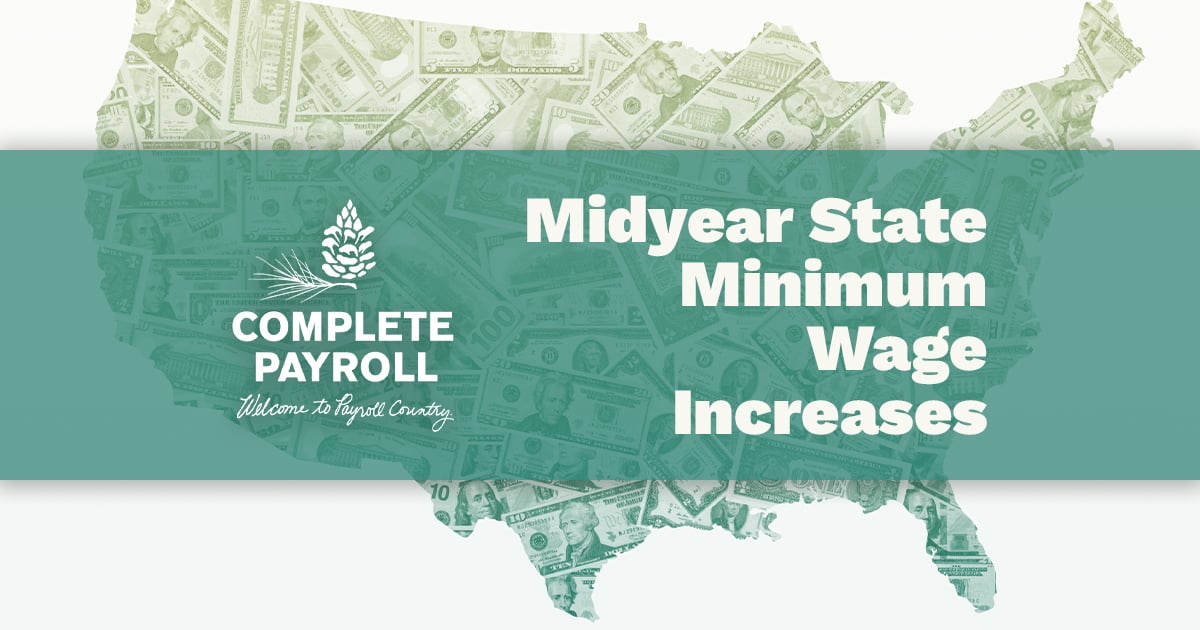NYS Unlawful Discrimination
Overview of Law
Federal law prohibits discrimination in employment or terms and conditions of employment based on the following:
- Race
- Color
- Age
- Sex
- Sexual orientation
- Gender
- Gender identity
- Religion
- National origin
- Pregnancy
- Genetic information, including family medical history
- Physical or mental disability
- Child or spousal support withholding
- Military or veteran status
- Citizenship and/or immigration status
Additionally, the state of New York prohibits discrimination based on the following for employers with four or more employees:
- Marital status
- Familial status
- Domestic violence or stalking victim status
- Legal use of consumable products outside of work hours
- Legal recreational activities outside of work hours
- Political activities
- Child or spousal support withholding
- Wage garnishment for consumer debt
- Non-conviction arrest records, unless pending
- Wearing a depiction of the American flag or displaying an American flag at the employee’s workstation (1+ employees)
- Conviction record, unless directly related to the job or could endanger the public (10+ employees)
Unpaid interns are also protected against workplace discrimination and retaliation.
If an employer provides funeral or bereavement leave for the death of an employee's spouse or the spouse's child, parent, or other relatives, then they must provide the leave for the death of an employee's same-sex partner or their partner's child, parent, or other relatives.
New York's anti-discrimination laws generally apply to all private employers with four or more employees. The prohibitions related to genetic disorders and the American flag apply to all employers.
Note: Some municipalities may have to expand EEO protections.
Got a labor law question?
Our team helps employers with labor law compliance every day. Complete the form below to ask a question or request some help.
General Disclaimer
The materials and information available at this website and included in this blog are for informational purposes only, are not intended for the purpose of providing legal advice, and may not be relied upon as legal advice. The employees of Complete Payroll are not


















